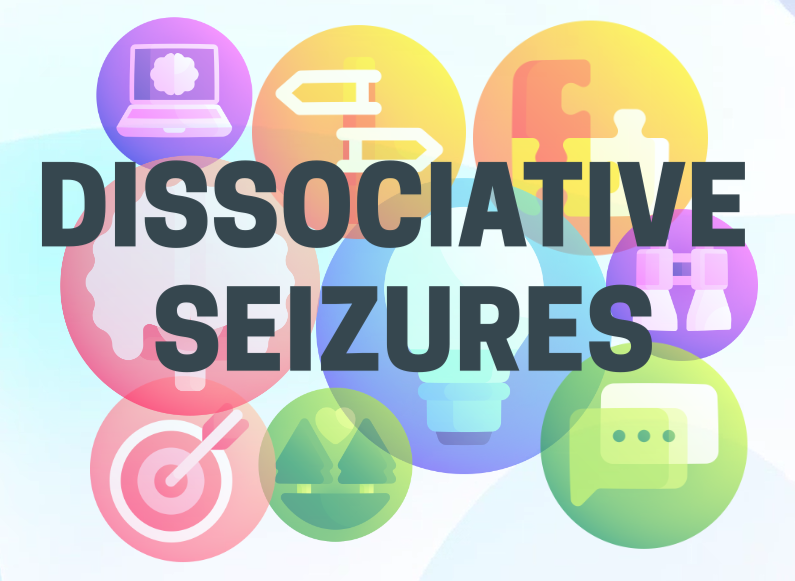It is important for you, your family and friends to know what to do in the event of a dissociative seizure.
DO
- Remain calm
- Place a cushion under their head
- Remove harmful objects away from the person
- Offer reassurance
- Stand back and wait for the episode to pass
- After a dissociative seizure, encourage the person to take some deep slow breaths and try using some distraction techniques
- Encourage the person to sit up after an attack as soon as they are ready.
- Encourage them to resume normal activity afterwards.
DO NOT
- Intervene unless there is danger they might hurt themselves
- Restrain or hold down the person
- Administer medicine
- Seek medical attention or call emergency services unless:
- A new type of seizure has been seen
- A significant injury or fall has occurred
- There is concern about breathing
- There is concern regarding blood pressure
Dissociative seizures are not in themselves dangerous to the brain. They do not cause damage to the brain. Even though a dissociative seizure may appear very violent, and may go on for a long time, significant injury as a result of dissociative seizures is unlikely and extremely rare.

